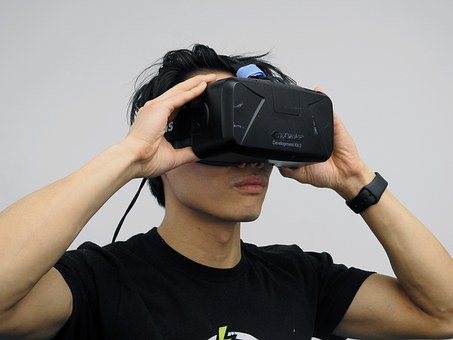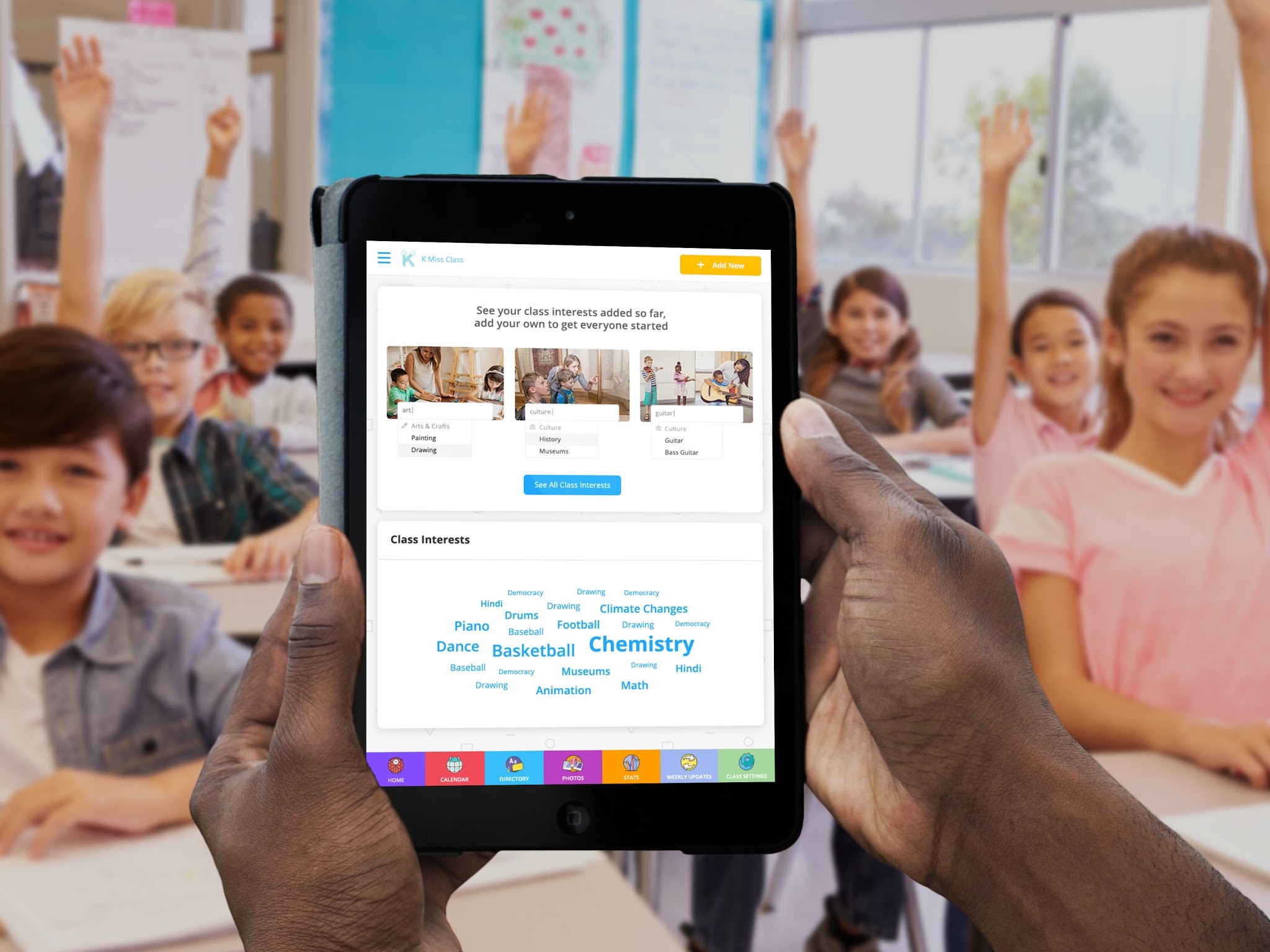5 Ways to Create Virtual Learning Experiences in Your Classroom

The reason that many teachers strive for a more virtual experience instead of the traditional talking points is because the interaction makes the lesson more memorable to the students. Concepts and ideas that seem too complex under time-honored instruction methods are easier to grasp when the students can actually experience the lessons. This does not mean that you need a VR machine to create a virtual experience either. There are a number of tools that can help you establish a virtual environment that makes lessons more entertaining while making the concepts easier to understand.
One of the biggest problems with edtech is the price tag – it can be incredibly cost prohibitive. However, that does not mean that you and your students have to be relegated to using only the old learning methods. Regardless of your budget, there are several things you can do to create a virtual learning experience that will make lessons feel more relevant.
#1 Creating Forums and Discussion Boards
One of the best ways to start getting your students to talk and interact in a controlled environment is through discussion boards and forums. You can start by posting news, stories, and other assignments, then letting your students discuss the themes, ideas, and solutions in the chat area. These areas can facilitate a lot more discussion and ideas than talking in a classroom as there are students who are not comfortable speaking up in class. It can also help you work digital citizenship into the lesson because you monitor the discussion and help students learn how to keep the talks civilized and productive.
You can establish a regular weekly assignment in these rooms. The room can be open for any of the lessons, from history to English to math and science. By focusing on podcasts, videos, and other online tools, you can supplement in class and book learning with the latest information.
#2 Using Simulations to Make a Point and Reinforce Concepts
Simulations are akin to video games, which automatically make them more attractive to your students. There are many types of simulations that can help instruct children, teens, and college students. For example, there are flight simulators that can be used to help highlight different areas, such as the historic flight of Amelia Earhart across the Atlantic Ocean and various Physics concepts. Simulations can be made as presentations or be provided on different devices
Simulations do not have to be expensive. With a little research, you are likely to find a free or low-cost online simulation that will help students better understand concepts and ideas. For example, you can teach about the stock market, economics, and business management on SimCEO. There are interview simulators to help students get practice when applying for a job. There are even simulations that are designed to help students sympathize with someone being bullied and help to resolve the problem in a positive way.
#3 Incorporating Google Cardboard
Google Cardboard is an interesting and very low cost solution to creating a virtual experience. You can compare it to the Oculus Rift, but without the $600 price tag for each unit. As the name suggests, the product is from Google and it is made entirely of cardboard. You construct the equipment (fold the cardboard) into the shape of goggles. Download the app you want to use in your virtual reality lesson, and place the phone within the frame, and you can start seeing the world from the app. It actually helps you feel like you are in the locations being displayed or are experiencing the events taking place.
You do need to control the phone and downloaded apps because there are some things you probably do not want to distract your students (such as the haunted house or dating apps). However, you can make this a highly engaging and entertaining part of lessons when students have completed assignments. There are also different models, ranging from $5 to $69.95 (before tax).
#4 Find and Use Free Apps
Apart from Google Cardboard, there are many apps that let you take your students out into the world without having to leave the classroom. You can teach botany and biology with apps that help identify the living things around you. There is also an app for reporting invasive plant species to help get the plants under control before they take over new areas. There are math and science games to help students practice what they have learned. Perhaps one of the things at which apps excel is in the helping of languages.
You need to be careful since there are many language apps that may offer very little value. It will require you to actually spend time working with the apps before you can open them up for students to use, but it can make a significant contribution to how well students learn and remember concepts, particularly concepts that are more theoretical or complex in nature. Apps can allow you to apply concepts in a way that can emphasize and correctly give students the one on one time that most teachers cannot provide on a daily basis.
Then there are apps that allow you to go outside and experience the world through augmented reality (the most notable being Pokémon Go, although it is probably not the best app to use for education). Augmented reality gives your students a way of connecting to the lesson. This not only engages them more than conventional lessons do, it makes the lesson more memorable as they have a frame of reference based on things they see overlapped with the real world.
#5 Implement Lecture Capture
Lecture capture is typically used in colleges and universities. It gives professors a way of not only recording lectures (the original intent was as a backup to class lectures), but it lets the lecturer interact and supplement information they teach in class.
For example, a professor makes the lecture available. Students can then go back and post comments at any point during the recording and receive responses almost immediately from other people in the class, as well as from the professor.
This technology obviously has potential in earlier education as well. School systems can use it to link to other lectures in the system to highlight key points or review concepts. It also gives teachers a way to look through what other colleagues have taught, how they have taught, and to come up with a new way to reach their own students. Sometimes the best virtualization links teachers with other teachers, and not just with their students.
Conclusion
Creating an environment that is more obviously tied to the world makes many of the points you want to make much more obvious to your students. When they cannot understand what is meant by a hypotenuse, a simulation can help them get very vivid idea of the hypotenuse and why it is important. Mobile devices make it considerably easier to bring a virtual approach to any classroom, as long as you are willing to do the necessary research and testing before you present it to your students.





